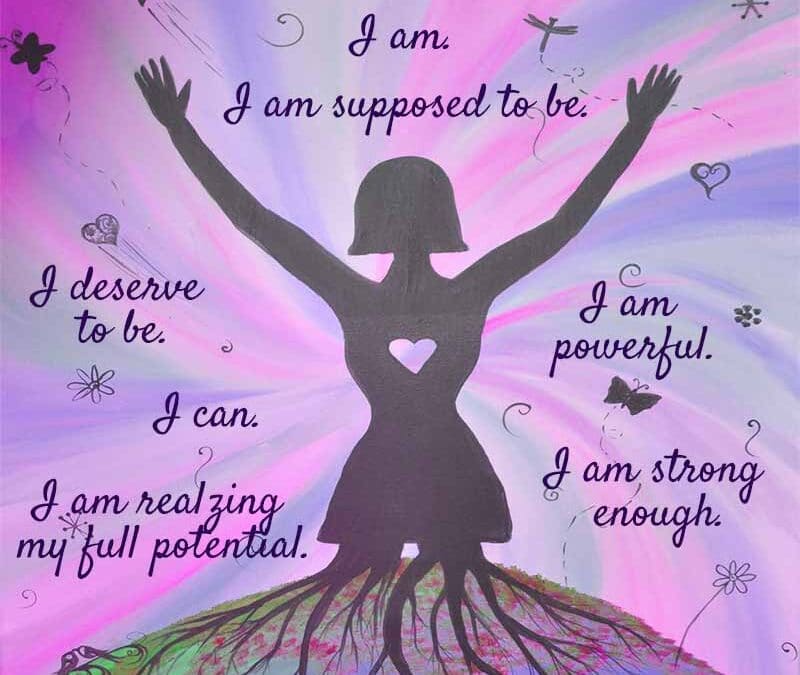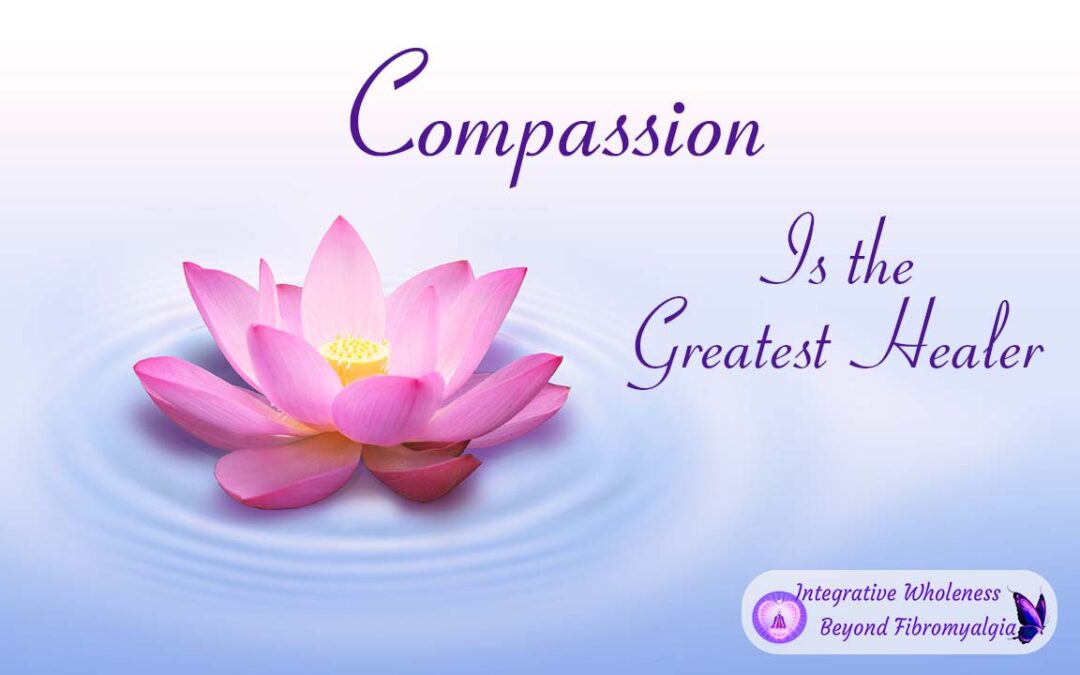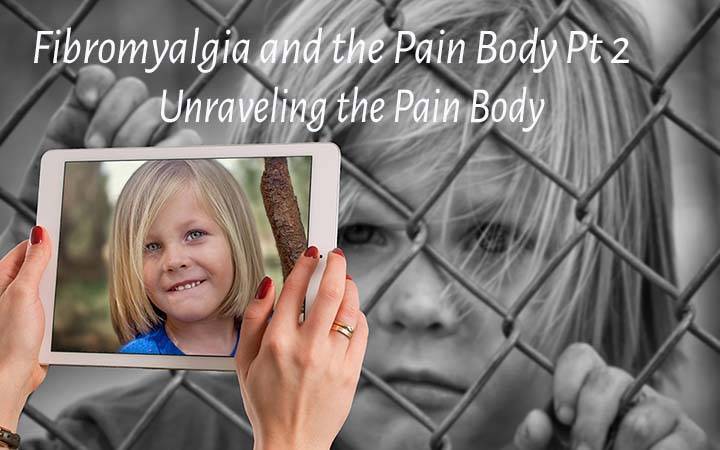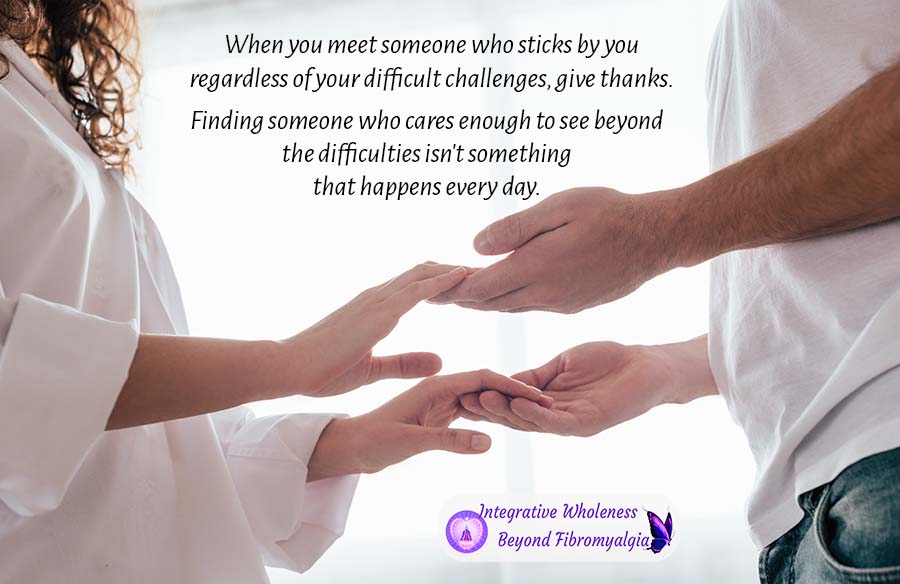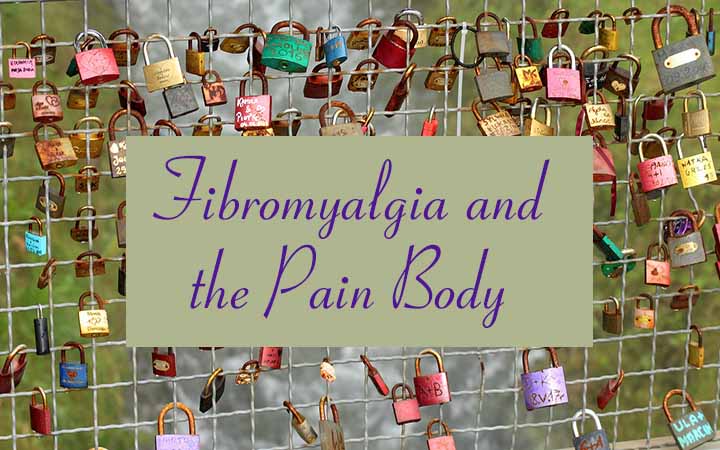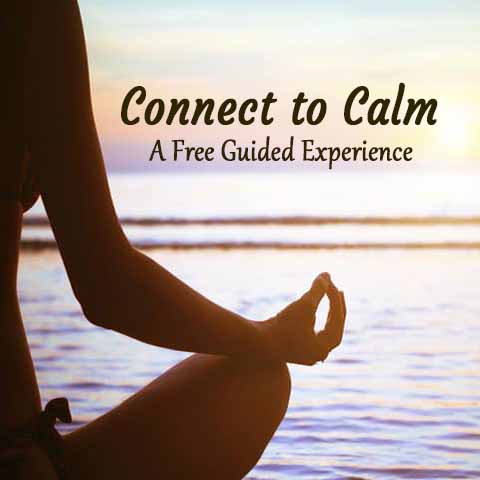
Fibromyalgia and the Pain Body Pt 3: Breaking Free
The pain body, is an integral part of fibromyalgia. It is the blend of destructive cellular memories, suppressed emotions, sub and unconscious negative beliefs that cause emotional pain, stress and contribute to physical symptoms.
In order to heal the pain body, it is essential that you break your identification from it. Otherwise, it literally feels like you are trying to kill a part of yourself. Your defenses will come up and sabotage your success.
In order to break your identification with your pain body, we need to develop Witness Consciousness or Awareness.
To understand awareness, we must first understand multi-dimensionality. Multi-dimensionality is the awareness that we are not one-dimensional linear beings. It acknowledges that we are the sum of many parts. The parts can be summarized in 6 dimensions:
- Physical – body
- Emotions – feelings, emotions
- Mind – thoughts, belief systems
- Expression – how we interact with others and the world
- Spirit – the spark of God, consciousness that is the enlivening of our existence, our connection with God, Consciousness, Spirit
- Energy – e=mc2 – meaning everything is energy
Why is this important?
When we are disconnected from our spiritual essence, we can become “identified” with our body, mind and emotions. We have forgotten that we are more than the body, mind and emotions.
When we have been subject to trauma, negative conditioning, or negative life experiences and haven’t resolved those experiences, they congeal into what is called the pain body. The pain body feels separate from God and everyone else and creates a separate identity to keep itself safe. The downside of this is that it also holds onto its pain.
In order to free our self from the pain body, we need to step outside of the pain body and view it from a detached perspective. Stepping outside of the pain body is accomplished through Witness Consciousness. Witness consciousness is the part of us who can step back and observe the body, mind and emotions. It is intimately connected with our spirit.
How do we do this?
The biggest block to Witness Consciousness is the mind. The mind is where we store memories of our past experiences. It evaluates and creates conclusions about those experiences and makes decisions and forms beliefs based on that. Many of those decisions and beliefs keep us stuck in pain and limitation.
To access Witness consciousness, we need to step outside of the mind. There are many tools to do this. I will provide a few here:
- If we connect to our breath and watch our breath, it creates a momentary gap in the stream of thought. That gap is the doorway to Witness Consciousness.
- Deepening the breath. When we slow down and deepen the breath, that gap widens, and we come into greater connection with our body and Witness Consciousness.
- Pay attention to the current moment. Look around the room. See the furniture, photos on the wall, other people, animals.
- If used correctly, positive thinking can quiet the mind. Our minds are habitually filled with negative thoughts and beliefs. When we balance the stream of negative thoughts with positive thoughts, the mind can slow down and become less identified with the old negative thoughts and beliefs.
- Becoming aware of our emotions. Many of us demonize our negative emotions and suppress them. Emotions means energy in motion. By suppressing an emotion, we block the flow of energy and create increase tension and pain. We also block our awareness. By breathing and being present with our emotions, we can release the emotion.
- Intend to step into awareness. By using this languaging, you are speaking from the witness. It encourages breaking identification with the body, mind and emotions.
- Simply say, my mind is thinking . . .
- A part of me is feeling . . . (insert emotion).
- My body is feeling . . . (insert sensation)
The Benefits of Embracing Witness Consciousness – Awareness
By breaking the identification with the mind, and becoming more aware of our breath, body, emotions, the environment around us, we are entering the present moment and Witness Consciousness.
From a state of witness consciousness or awareness, and its natural connection to our spirit, we can receive answers to the challenges that we have from outside the mind, our conditioning, and our deeply held sub and unconscious belief systems. This new awareness holds the key to healing and transforming every area of your life.
Awareness practice:
- Take some time each day, even 2-5 minutes to just stop and notice your breath. When you are at a stop sign, waiting in a line, or every time you open a door. When you go to bed at night or when you first wake up in the morning. Put a reminder on your phone.
- Pick any one of the steps above and take some time each day, even 2-5 minutes to practice it.
This begins the process of breaking the identification with the pain body and reclaiming your power.
